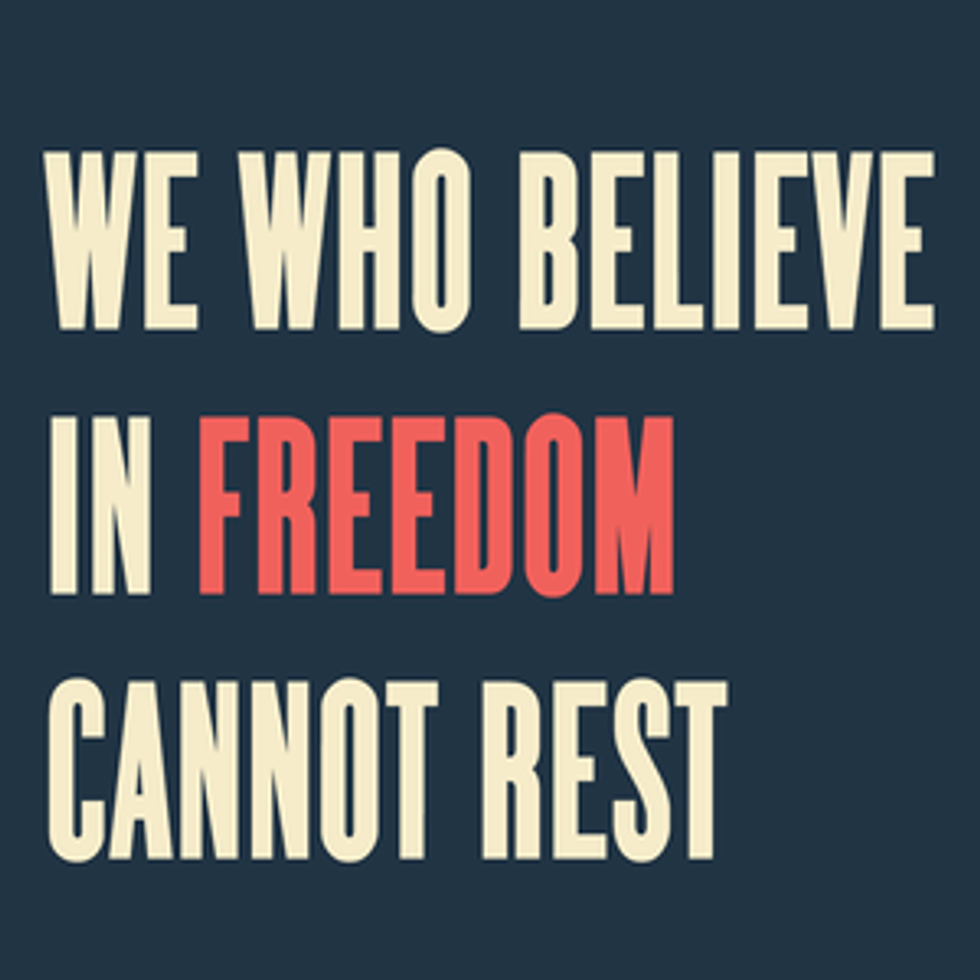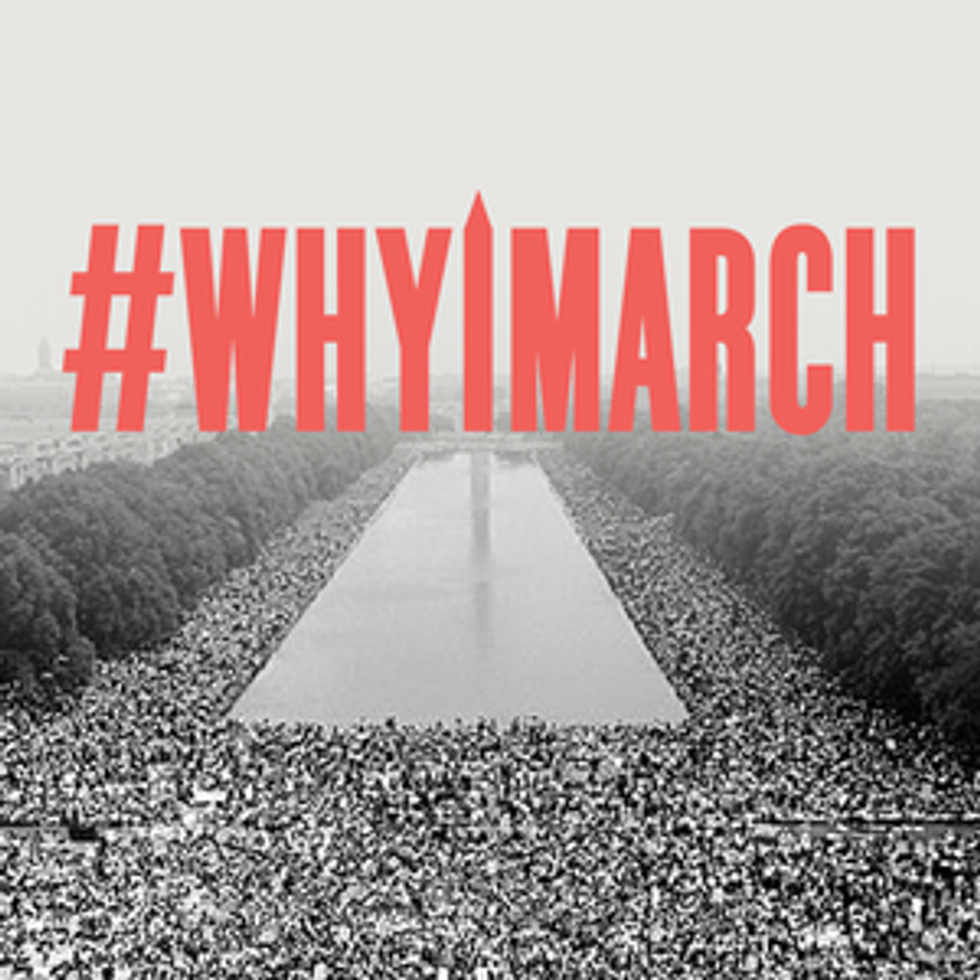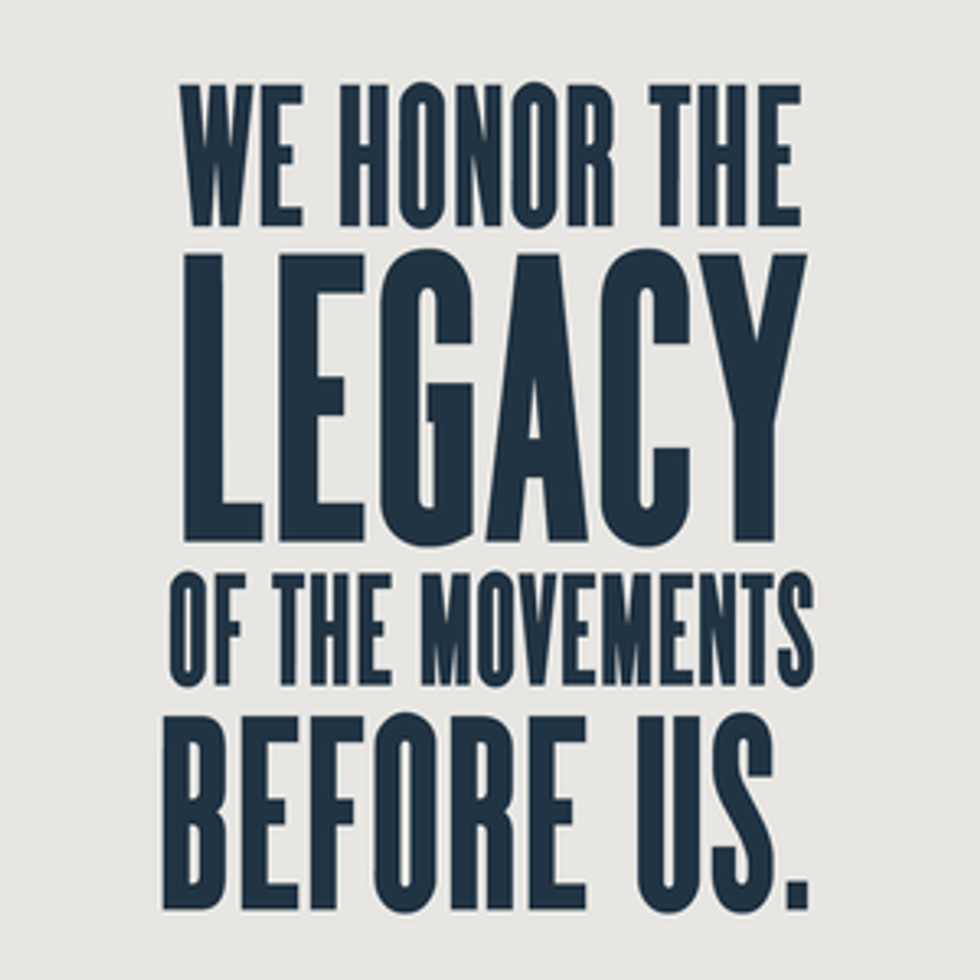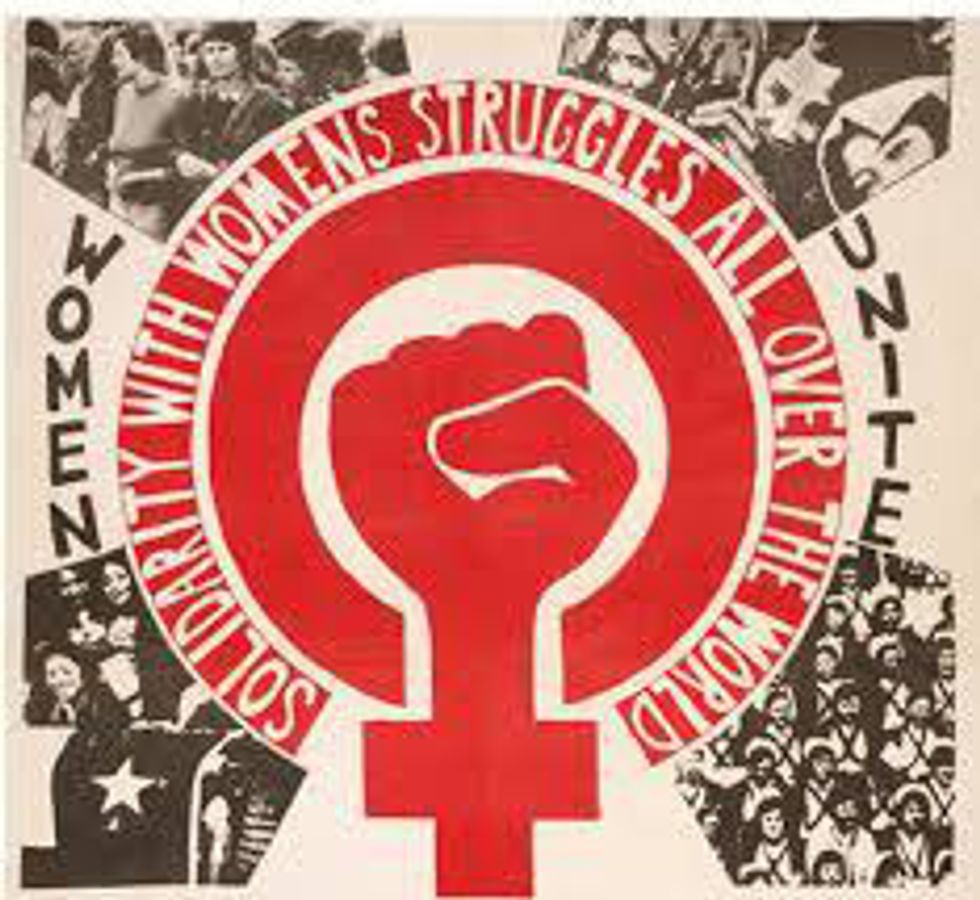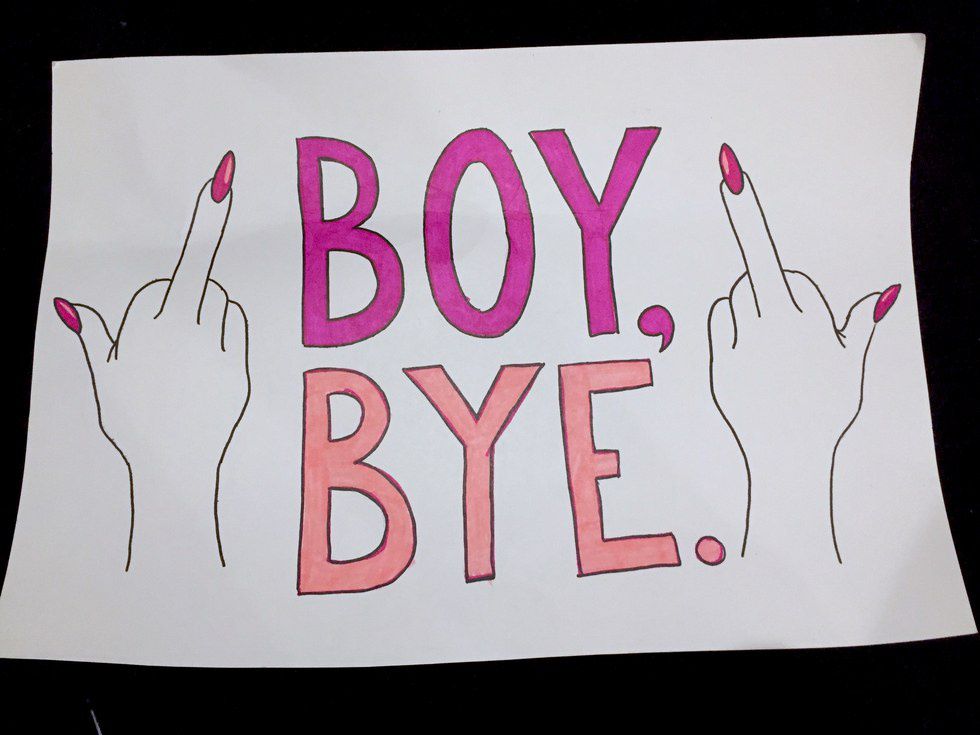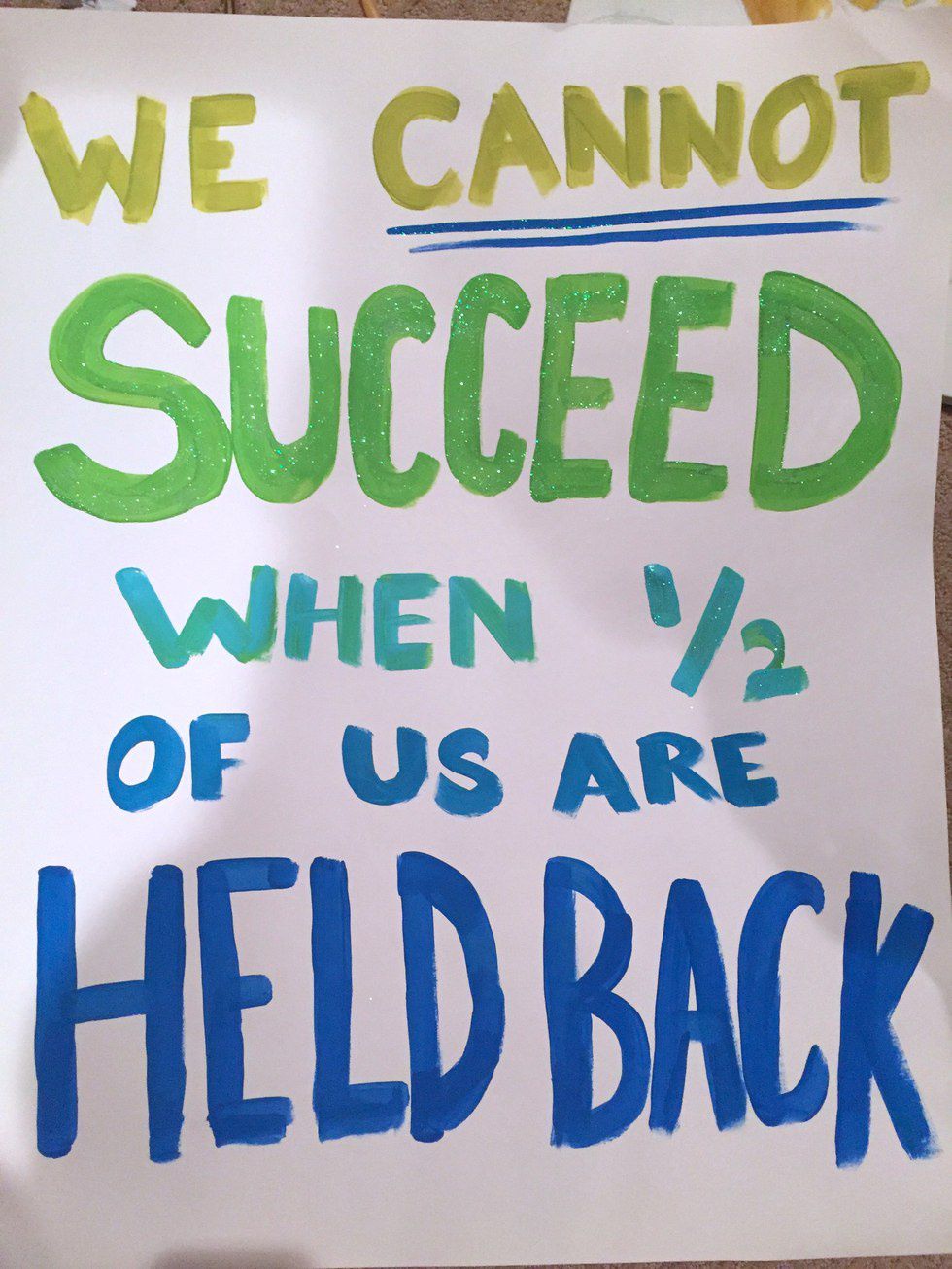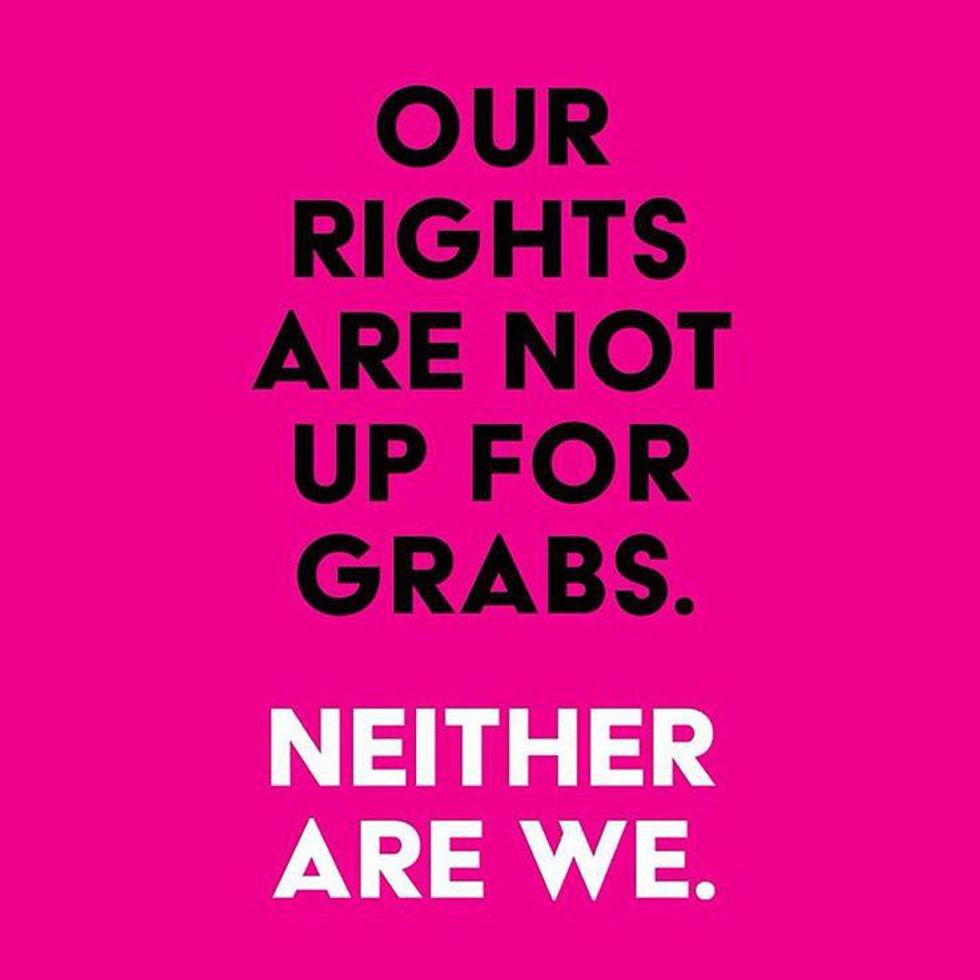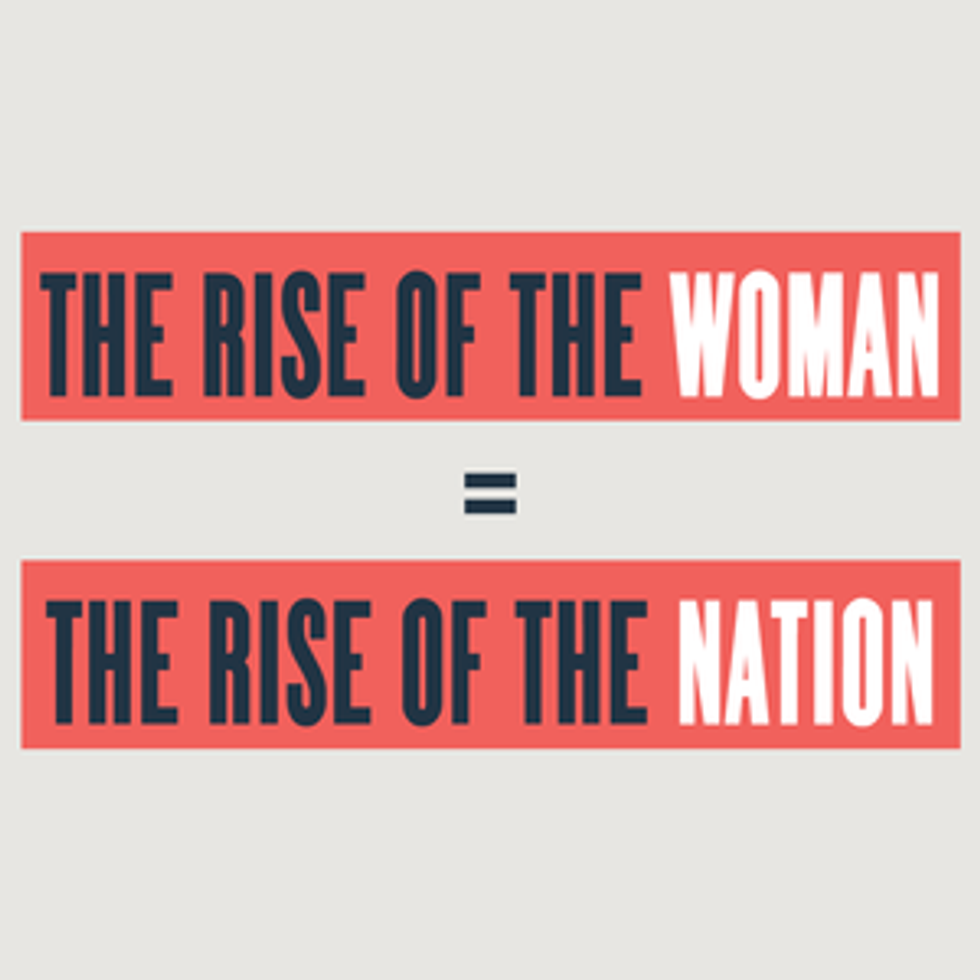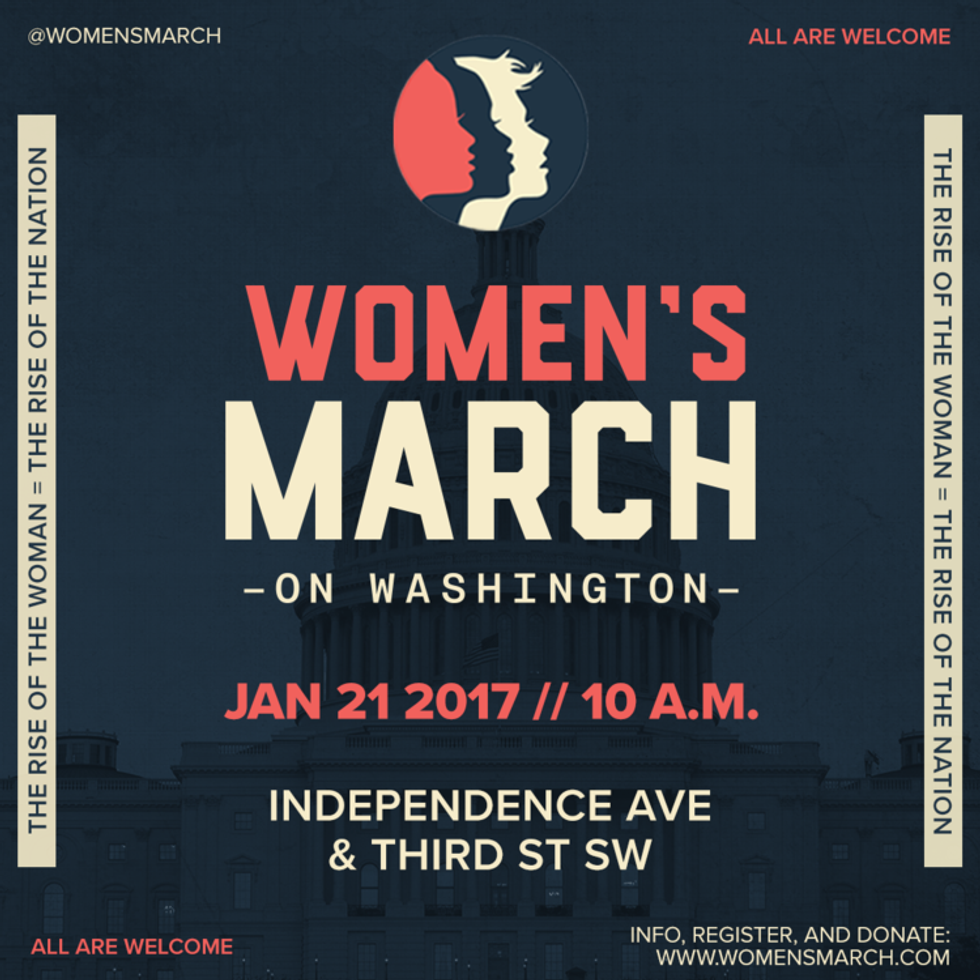In my first semester of college, I completed English 101, a required course that covers academic writing and introduces students to rhetoric and moral argumentation. During that class, we learned about the importance of defending our claims in a morally upright fashion -- this means including viewpoints other than our own, quoting sources correctly without misconstruing their meanings, and avoiding the demonization of those on the other sides of an argument. Any of the aforementioned methods would be considered toxic rhetoric, a term for the malicious and divisive means by which people attempt to tear down their opposition instead of respectfully addressing opposing arguments using facts.
Throughout the 2016 presidential campaign season, toxic rhetoric was used in abundance; immigrants, Muslims, people identifying as LGBTQ+, survivors of sexual assault, those with disabilities, and people of color have been disrespected and even threatened by the harmful language used by influential political figures during the election cycle. In English 101, we read a lot about the toxic discourse that the curriculum was formulated to inhibit; however, on the national scale, name calling, defamation, and hatred proliferated. When Donald Trump won the presidential election, it was a reminder to many that bigotry, racism and sexism in particular, was alive and well in our country.
When I heard the results of the election, I was left feeling helpless. I had no clear grasp of what to do next or how I could make my voice heard. I walked around in a state of denial, acting as though the entire election was nothing but a bad dream. As Inauguration Day crept closer and closer, however, I knew that I couldn't keep pretending. When my college roommate sent me a link and invited me to the Women's March on Washington, I finally felt like there was something I could do to push back against the results of the election and stand up for what I believe in.
The Women's March on Washington is meant to send a message to America's new government on their very first day in office. An estimated quarter of a million people will gather and march together to advocate for women's rights, which are of extreme importance because they are human rights. Together in solidarity, participants in this peaceful protest will make their voices heard and defend the rights championed by leaders throughout history. These rights include civil rights, worker's rights, LGBTQ+ rights, rights to environmental justice, reproductive rights, disability rights, and immigrant rights. In assembling such a large and diverse group to ensure that years of progress are not undone, protesters remind the nation that in a democracy, the people have power. Furthermore, this power is to be used to protect even the most marginalized of those people.
Luckily, a group of my close friends is also passionate about feminism, and we agreed to attend the Women's March together. Of course, our parents warned us of dangers such as police retaliation (macing, for example) and even arrest, but we were still determined to stick together and march nonviolently for our rights and the rights of so many others. It's amazing to me that the idea of waking up early to walk through D.C. on a cold winter's day has helped me go from feeling scared and hopeless to feeling excited and capable of effecting change. There's no way for anyone to deny our numbers or the fact that we're supporting a worthy cause: equal rights. For these reasons, my friends and I can't wait to march on the Capitol, posters in hand, feminist wardrobe on show, and warpaint (i.e. black lipstick) on point. The Women's March means something -- the fight for progress and equity isn't over.
Learn more at https://www.womensmarch.com/





